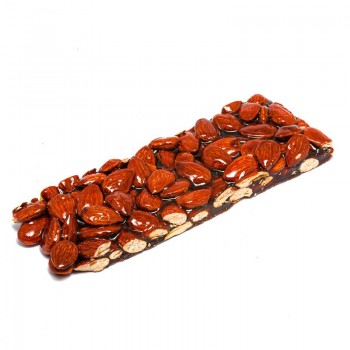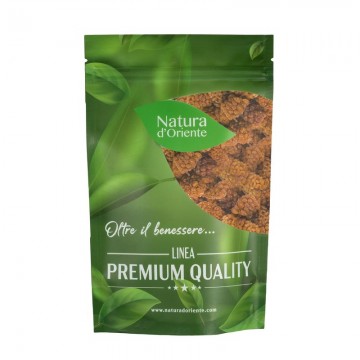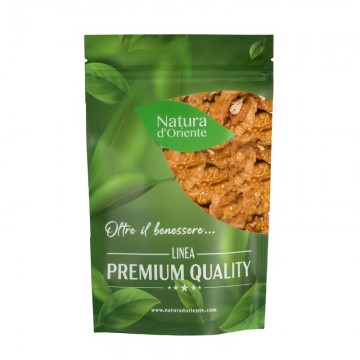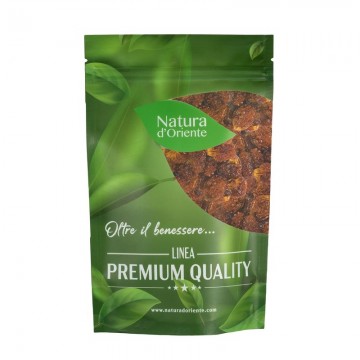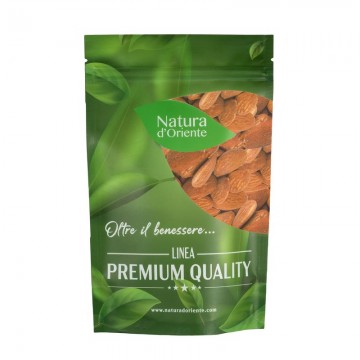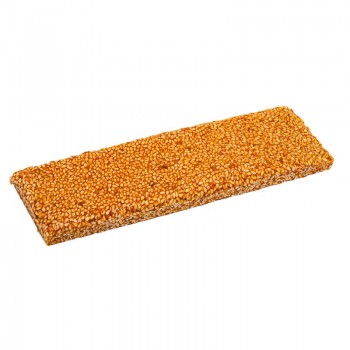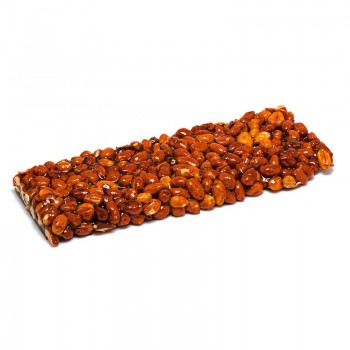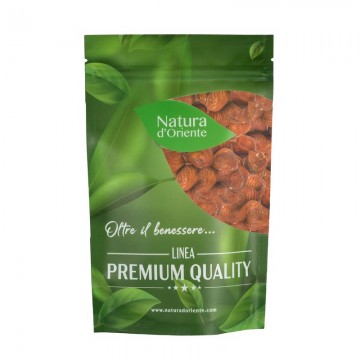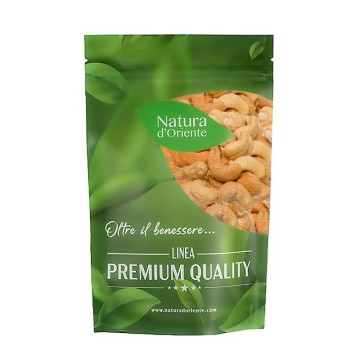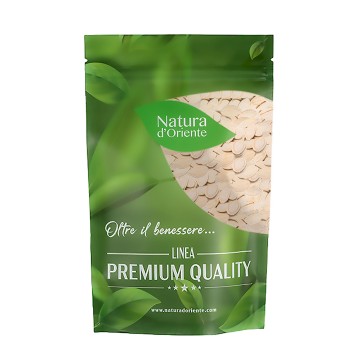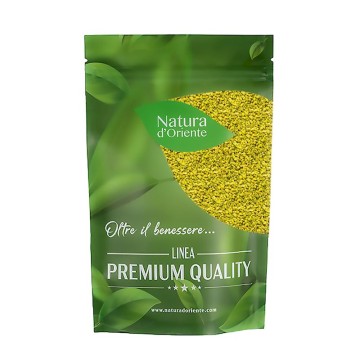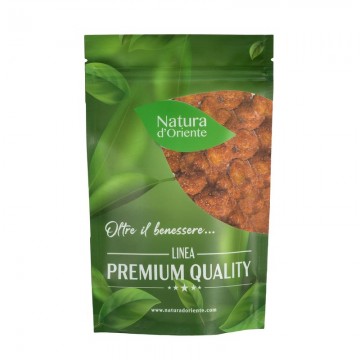Pistachios are rich in mineral salts and "good" fats, a bit like all dried fruit, among the peculiar characteristics of pistachio we find the potassium content.
Properties and benefits of natural pistachios
As for the vitamin content, pistachios, like other nuts, ensure an important supply of various B vitamins (especially B6, but also the content of the precious folic acid (B9) is important as well as that of riboflavin (B2), thiamine (B1), niacin (B3), moreover also vitamin E is present in appreciable quantities. Pistachios being rich in polyphenols and antioxidants protect the body from free radicals.
Among the natural antioxidants contained in pistachios, lutein and zeaxanthin, which carry out a protective action against degeneration of the macula (the central area of the retina), are certainly noteworthy, so much so that they are present in commercial food supplements for this purpose.
In particular, natural pistachios (and therefore unsalted) can be useful in the diet to fight cholesterol and control blood pressure.
Pistachio facts
Pistachios are traditionally considered an aphrodisiac food, in ancient Persia lovers met under a pistachio tree to listen to the auspicious sound of the shells opening in the moonlight. However, recent studies seem to confirm at least in part this belief, the antioxidant properties that protect against the formation of atherosclerotic plaques and preserve the elasticity of arteries and blood vessels would translate into improved sexual function in men.
In Sicily the cultivation of Pistachio was introduced by the Arabs who found that the climate of the island was very similar to that of the original pesos.
Quantitatively speaking, the major world producers are Iran, Turkey and California. Due to the appearance given by the semi-open peel, the pistachio in China is nicknamed "the happy seed" and in Iran "the smiling seed".
The pistachio plant produces one year and rests one year, in the year of rest the farmers remove the few buds that have sprung up on the trees.
The name of the pistachio in Sicilian dialect "frastuca" derives from the Arabic "fristach" which in turn derives from the Persian "fistich". Pistachios are mentioned in the book of Genesis (43, 11) when the children of Israel they leave for Egypt for the second time to buy food because in the land of Canaan (a geographical region that included Lebanon, Israel, Palestine and parts of Syria and Jordan).
Natural pistachios in the kitchen
Pistachios are widely used in the food industry, both in the confectionery and in the production of sausages, nougat with pistachios is a renowned specialty and pistachios can be included in the mixture of mortadella. Also in the recipes we find them both in sweet and savory preparations.
Among the many recipes that are around we have chosen a light and inviting first course.
Linguine with pistachio and parsley pesto
Ingredients for 4 people
- 320 gr of linguine
- 50 gr of natural pistachios
- 1 sprig of parsley
- 100 gr of medium-aged pecorino cheese
- extra virgin olive oil
- salt
- black pepper
Preparing the dressing
1) Boil the water for the pasta.
2) Wash and dry the parsley well.
3) Pour the pistachios, parsley and diced cheese into the glass of the mixer (or blender).
4) Blend the ingredients gradually adding the oil gradually, until obtaining a medium smooth and homogeneous cream.
5) Cook the linguine and drain quickly, keeping a couple of tablespoons of their cooking water.
6) Transfer them to a bowl and toss with the pesto.
7) Add another tablespoon of raw oil, two tablespoons of cooking water and a pinch of pepper.
Recipe source: Spoon .it

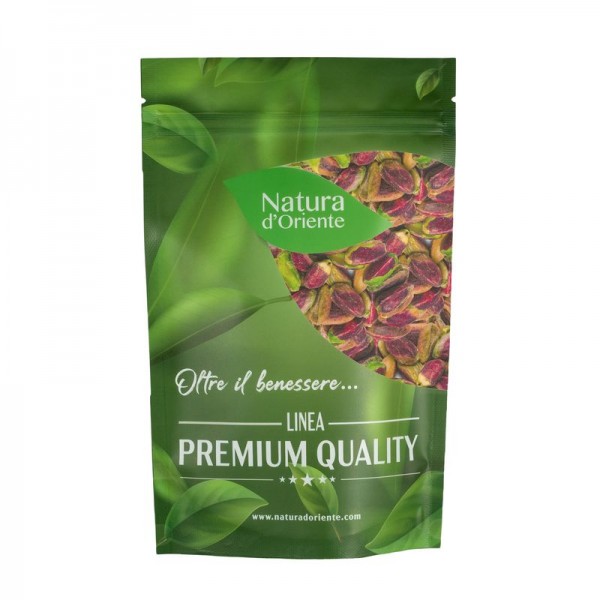











 By buying this product you can collect up to
By buying this product you can collect up to

